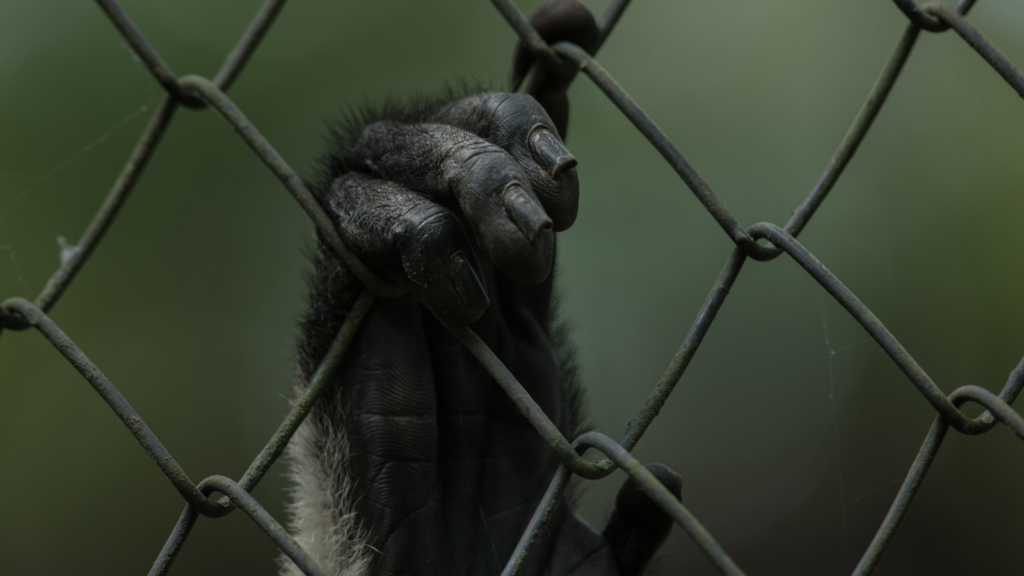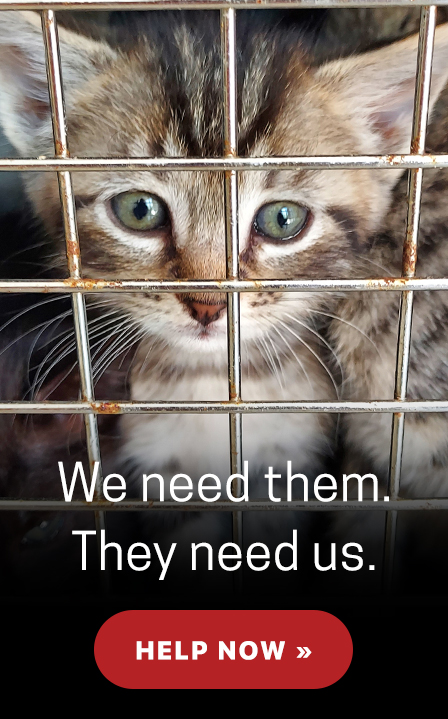According to a new report from the World Health Organization, the coronavirus most likely emerged in bats before spreading to humans through another animal. The findings point to animals as the most likely source of the pandemic, and more specifically, trace back to a market in Wuhan, China that sold a range of unusual animals. In the immediate aftermath of COVID’s discovery, the wet market in Wuhan, China was shuttered, but reopened within months. This is unacceptable, and we must work together to end the world’s wet markets.
In wet markets, wild animals are kept in inhumane and unsanitary conditions. They are bought and sold, confined to cages and often butchered on site, causing blood, feces and other refuse to intermingle with the living animals still held in captivity. Wet markets are also part of a global machine that caters to a network of illicit and ethically dubious wildlife poachers, hunters, traders and sellers. The lack of regulation and animal welfare standards is a violation of the human-animal contract, and also a threat to both human and animal health – these wet markets are hot spots for zoonotic diseases that are easily transmitted to people, as was the case with COVID-19.
Wet markets exist not only in China, but around the world. Tens of millions of wild animals are shuffled through inhumane, unhygienic and unregulated wet markets every year – many of which are non-native to the locale. In fact, one study found that nearly two-thirds of the animals sold in a single market in Thailand were non-native, increasing the likelihood of disease transmission.
The radical coronavirus has altered the world as we know it. For many, the past year has been one of separation, isolation and despair, and it all originated because we have broken the human-animal contract. Without a comprehensive overhaul of this contract, the year we have just experienced will likely become the norm, rather than an anomaly. Governments must better regulate the relationship between humans and animals to minimize cruelty and prioritize safety. Wet markets that trade in illegal wildlife and do not have recognized biosecurity measures in place must be closed.
Wet markets, however, are not the sole culprit but rather just one fracture in the human-animal contract. To build a better and more humane world, policymakers and politicians should implement the following tenets of our New Deal for Animals, People and the World We Share:
- End the World’s Wet Markets
- End the Global Cat and Dog Meat Trade
- Immediately Stop Unnecessary Taxpayer-Funded Testing on Animals
- Ensure Independent, Humane Inspections of Farms Worldwide and Related Biosecurity Measures for Animal Agriculture
- Ensure Independent Humane Oversight of Animals in All Forms of Entertainment
- Ensure Independent Humane Inspections of Zoos and Aquariums Worldwide
- End the Highly Lucrative, Organized Poaching and “Bush Meat” Trade That Is Decimating Wild Species and Spreading Devastating Diseases
- Enforce Ethical Standards for Global Animal Tourism
- Enforce Safety Standards for Animals in All Forms of Transportation
- Expand the Use of Service and Therapy Dogs
This broad reform will help build a world grounded in humane values that can easily be demonstrated through science, ethics, compassion and love for animals. Read more about our New Deal and sign on to show your support: www.americanhumane.org/newdeal.


